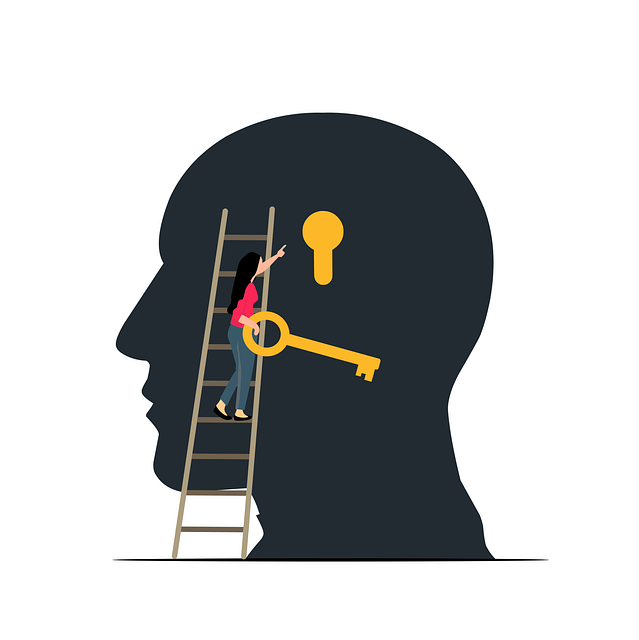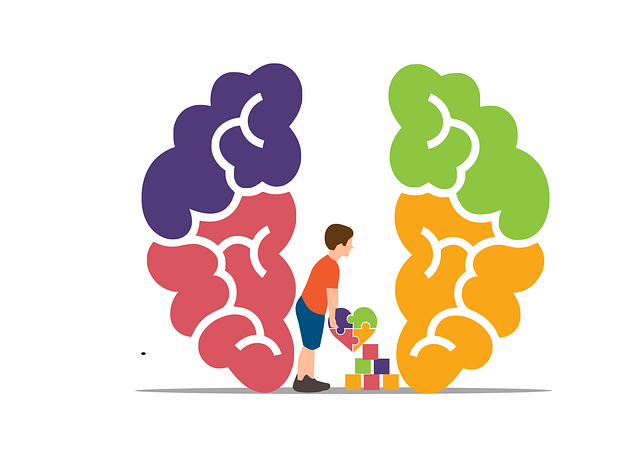Mental wellness is achieved through a holistic approach focusing on emotional, psychological, and social well-being. Self-care routines, tailored to individual needs, include mindfulness, exercise, and quality sleep to enhance resilience and overall mental health. Organizations like Lafayette Alcohol Abuse Therapy provide resources such as risk assessments and workshops to empower individuals in managing stress, improving emotional regulation, and fostering calmness and fulfillment. By integrating evidence-based treatments with nurturing techniques, Lafayette Alcohol Abuse Therapy helps clients cultivate inner strength and reclaim their lives.
“In today’s fast-paced world, prioritizing mental wellness is more crucial than ever. This comprehensive guide aims to empower individuals in crafting their own self-care routines. We explore the fundamentals of mental health and its connection to daily rituals. By understanding personal needs, we offer insights on creating a balanced routine, featuring expert tips from Lafayette Alcohol Abuse Therapy. Discover strategies to integrate supportive practices into your life, fostering holistic well-being.”
- Understanding Mental Wellness and Self-Care
- Identifying Personal Needs and Priorities
- Creating a Balanced Routine: Tips and Strategies
- Lafayette Alcohol Abuse Therapy: Integrating Supportive Practices
Understanding Mental Wellness and Self-Care

Mental wellness is a holistic state that encompasses an individual’s emotional, psychological, and social well-being. It involves maintaining a positive mindset, managing stress, and fostering healthy relationships. Self-care plays a pivotal role in achieving and sustaining this balance, offering individuals tools to nurture their minds and bodies effectively. This practice extends beyond basic survival needs; it is about proactively seeking activities that promote relaxation, enhance resilience, and support overall mental health.
Developing a self-care routine tailored to one’s unique needs is essential for maintaining good mental health. This process involves recognizing personal triggers, understanding coping mechanisms, and integrating practices like mindfulness, exercise, and quality sleep into daily life. Organizations such as Lafayette Alcohol Abuse Therapy offer valuable resources, including risk assessments and stress management workshops, designed to empower individuals to take charge of their mental wellness. By prioritizing self-care, people can improve emotional regulation, reduce the impact of stressors, and foster a sense of calm and fulfillment in their lives.
Identifying Personal Needs and Priorities

Creating a meaningful mental wellness self-care routine starts with introspection and identifying your personal needs. It’s unique for everyone; what brings calm to one person might be overwhelming for another. This process involves recognizing your emotional triggers, understanding your stress levels, and assessing your current coping mechanisms. Are you someone who finds solace in nature walks or does engaging in creative pursuits help rejuvenate your mind?
At Lafayette Alcohol Abuse Therapy, we emphasize the importance of self-discovery through practices like journaling to gain insight into your mental health. This introspection can guide you towards setting priorities—be it allocating time for relaxation, seeking professional support when needed, or learning new skills to manage stress. By understanding your cultural background and its influence on your mental healthcare needs, you can tailor a routine that resonates with your identity, fostering a deeper sense of well-being.
Creating a Balanced Routine: Tips and Strategies

A balanced self-care routine for mental wellness involves integrating a variety of practices that cater to different aspects of your well-being. Start by identifying your key areas of focus: mind, body, and spirit. For instance, incorporate mindfulness or meditation practices to calm the mind (consider exploring programs like Lafayette Alcohol Abuse Therapy for guidance), engage in regular physical activity to boost mood and reduce stress, and allocate time for hobbies or creative outlets that nurture spiritual connection.
When designing your routine, remember flexibility is key. Life is unpredictable, so a rigid schedule may not be sustainable. Instead, opt for a framework that allows adjustments based on your daily needs. Prioritize consistency, even if it means shorter sessions of self-care throughout the day. Building resilience starts with acknowledging your limits and making space for practices that promote positive thinking and emotional regulation.
Lafayette Alcohol Abuse Therapy: Integrating Supportive Practices

In the heart of Lafayette, Alcohol Abuse Therapy serves as a beacon of hope and healing for those navigating mental wellness challenges. This specialized service goes beyond traditional therapy by integrating supportive practices that cater to the holistic well-being of individuals. By combining evidence-based treatments with nurturing techniques, Lafayette Alcohol Abuse Therapy helps clients cultivate inner strength and resilience. Through tailored interventions, they address not only alcohol abuse but also the underlying conditions contributing to it, such as anxiety relief and self-care routine development for better mental health.
The therapeutic environment in Lafayette fosters a sense of community and understanding, allowing individuals to explore their emotions safely. This supportive setting encourages clients to develop sustainable coping mechanisms that promote emotional balance and overall well-being. By integrating various therapeutic modalities, Lafayette Alcohol Abuse Therapy empowers its clientele to reclaim their lives, fostering mental wellness and inner strength development on their journey towards recovery.
Developing a mental wellness self-care routine is a transformative journey, and Lafayette Alcohol Abuse Therapy offers valuable guidance. By understanding your unique mental wellness needs and prioritizing self-care practices, you can create a balanced routine that promotes holistic well-being. Integrating strategies from this therapy into your daily life empowers you to navigate challenges with resilience and cultivate a vibrant, healthy mind. Embrace the process, remember that self-care is not selfish, and take pride in investing in your mental wellness.














